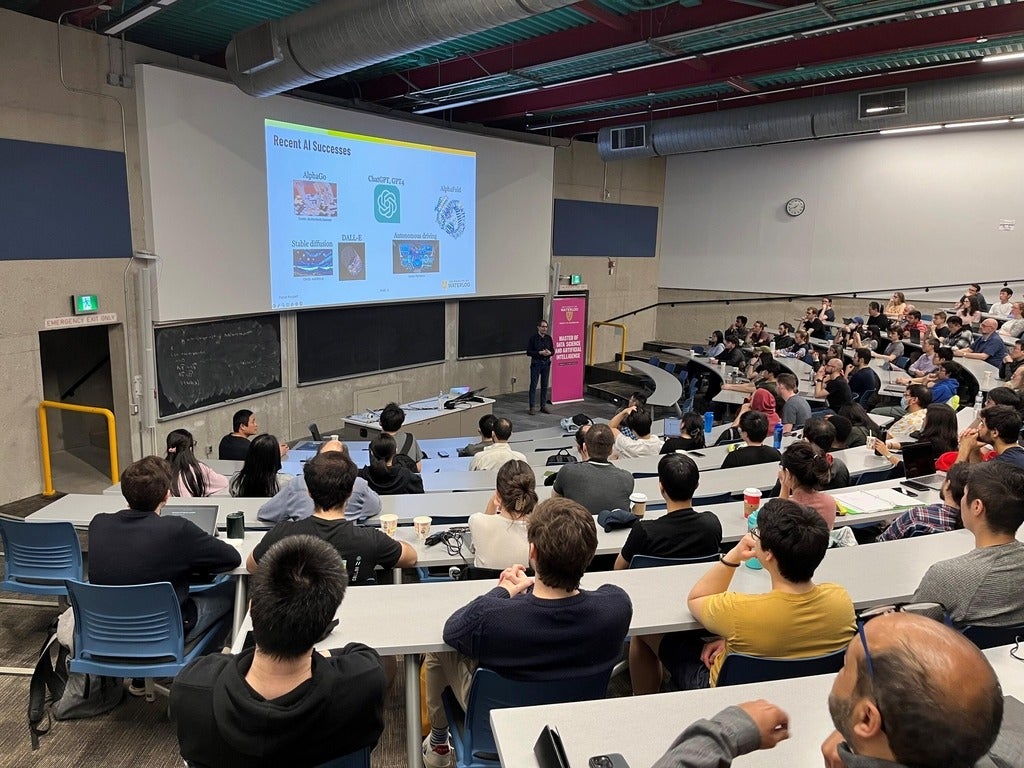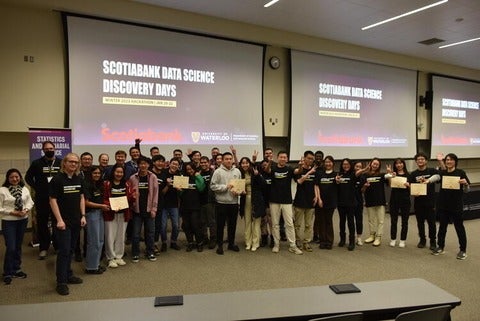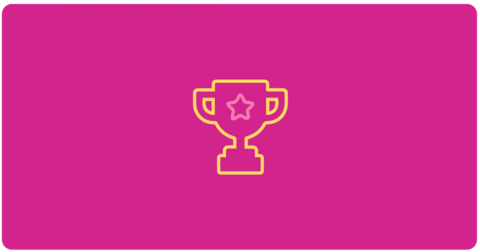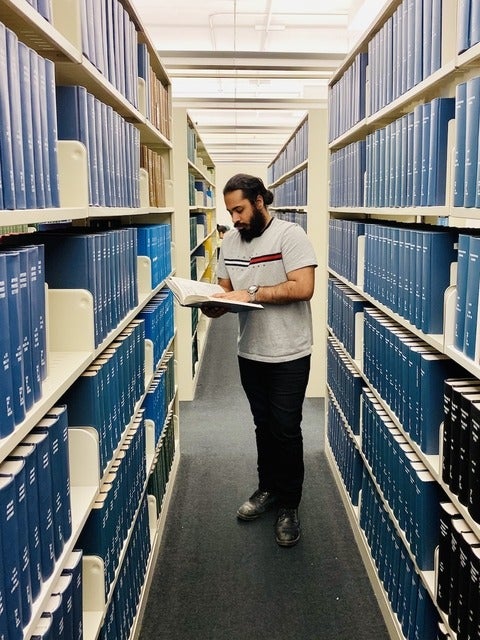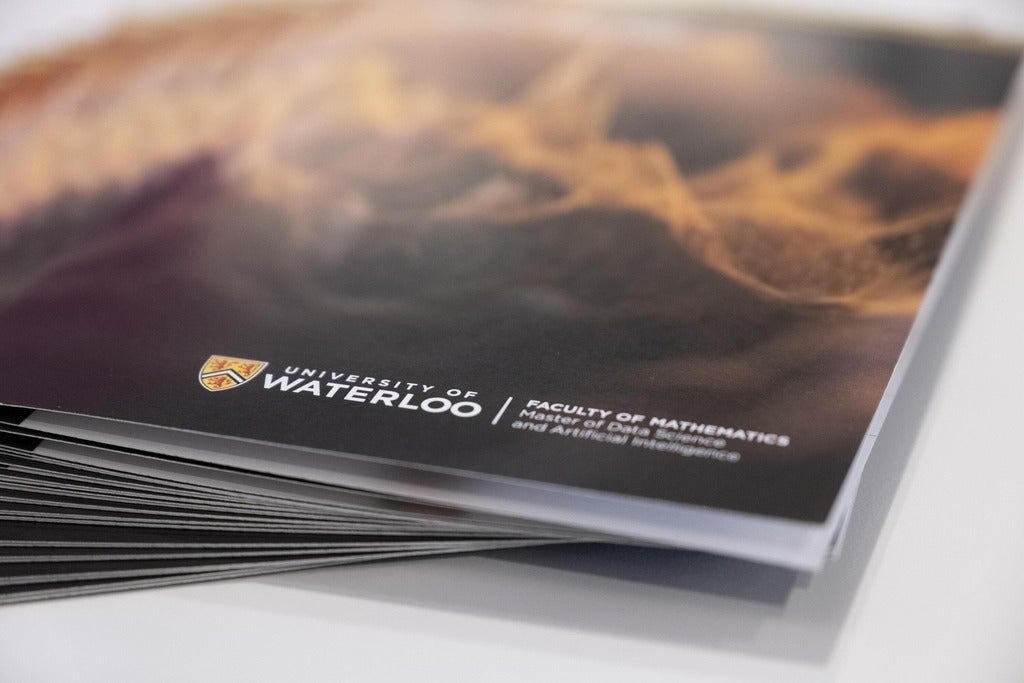From AlphaGO to ChatGPT Public Talk
University of Waterloo expert in artificial intelligence, Professor Pascal Poupart, shared the key technological advances and paradigm shifts in recent years which were behind, and ultimately facilitated, breakthroughs in AlphaGO, ChatGPT, AlphaFold and the newer AI technologies of today.
